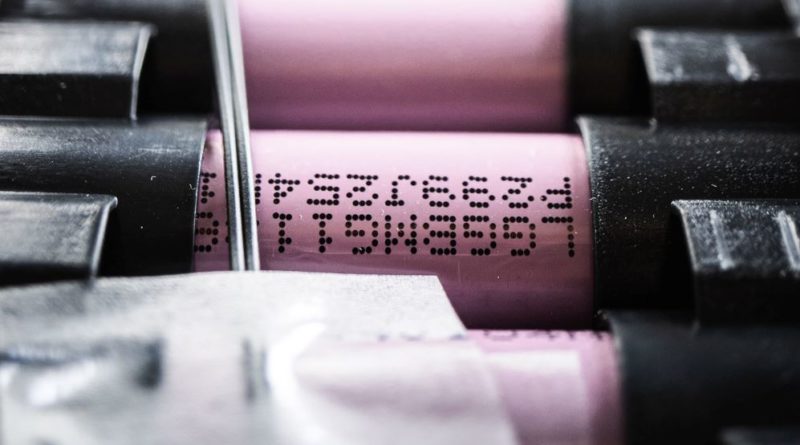New EU battery rules build in recycled content benchmarks
A much revised battery regulations framework applicable to EU member states will soon go to the European Parliament and Council for final approval, with the content of the legislation prompting anyone selling batteries into the market to have met sustainability benchmarks.
Framed around creating a circular economy around one of Europe’s most precious and most sought after resources, the new rules will require batteries found in eMobility goods, among others, to carry a “carbon footprint declaration” detailing the expenditure of carbon in production.
Consumers will be better informed by a new QR labelling system that will digitally bring up the battery’s capacity, performance, durability, composition and a collection symbol.
Add to that new rules about recycled content and the European battery industry is now changing quickly, acknowledging that the resources used in batteries are both finite and thus should be recycled at the end of life. With the raw materials used to make cells largely imported, the raising of recycling targets now means that new batteries manufactured in the bloc must now contain a set percentage of recycled materials. The framework suggests 16% cobalt, 85% lead, 6% lithium and 6% nickel.
There has also been a raise on collection targets for portable batteries, guaranteeing that stream of recycled material, which as soon as next year will sit at 45% and rise to 73% by 2030. For EVs that rate will be total, 100%.
The new rules were agreed on December 9th by EU Lawmakers, whose overarching ambition is to put the EU ahead of the USA and Asia when it comes to long-term battery strategy. Of course that’s no simple task, given the export of raw materials and as a result Asia is currently very much the global leader in the production of battery goods for the EV market.
Added to the headline points, by the 31st of December, 2030, the Commission will further assess whether to phase out the use of non-rechargeable portable batteries for general use.
Rapporteur Achille Variati (S&D, IT) said: “For the first time, we have circular economy legislation that covers the entire life cycle of a product – this approach is good for both the environment and the economy. We agreed on measures that greatly benefit consumers: batteries will be well-functioning, safer and easier to remove. Our overall aim is to build a stronger EU recycling industry, particularly for lithium, and a competitive industrial sector as a whole, which is crucial in the coming decades for our continent’s energy transition and strategic autonomy. These measures could become a benchmark for the entire global battery market.”
The battery framework is linked to the broader work of the European Commission’s Green Deal, the Circular Economy Action Plan and the New Industrial Strategy. For UK bike businesses hoping to recycle their cells, there are now large scale domestic operations accepting eBike batteries.
CyclingIndustry.News next print magazine will carry an interview with CONEBI on the subject of whether battery repair is a viable option, or whether the industry instead has to explore other options to stay sustainable. If you are in the cycling business you can subscribe to our title here.



